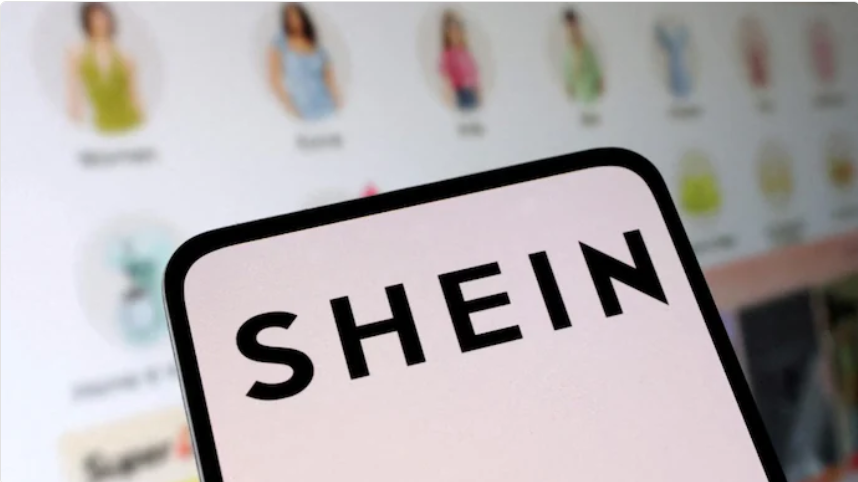India lifts ban on Chinese app Shein (but with Indian suppliers)
While TikTok was banned in the United States and then reinstated, in India, Shein's fast fashion application has returned to digital stores after a five-year ban on condition that it sells garments made in India, India's minister of Commerce and Industry announced. However, neither India nor US companies have been able to create viable alternatives to Chinese apps.
New Delhi (AsiaNews/Agencies) – While the United States has not yet decided whether to ban TikTok, China fast fashion app Shein is back in business in India after five years. The platform signed an agreement with Indian firm Reliance Retail, an anonymous source told the BBC.
India's Minister of Commerce and Industry, Piyush Goyal, stressed that the app’s return comes under strict conditions, including saving all user data in India. In addition, only Indian manufacturers will supply products sold under the Shein brand, which will be known under the app name of Shein India Fast Fashion.
India banned Shein along with TikTok (which had 200 million users at the time) and dozens of other Chinese apps in 2020, following fighting in Ladakh on the Line of Effective Control (LAC) that separates the two countries.
The military stalemate was settled in October 2024 after intense diplomatic activity.
As early as 2023, Reliance Retail, owned by Mukesh Ambani, one of India's richest men along with Guatam Adani, struck a deal with Roadget Business, the Singapore-based company that owns Shein, to develop an Indian e-commerce platform.
India's Ministry of Information Technology had complained that Chinese apps were “stealing and surreptitiously transmitting users' data in an unauthorised manner.”
Over time, Indian platforms filled the vacuum left by Chinese apps (although Shein's products could still be purchased on other websites).
The popular fighting game PlayerUnknown's Battleground, for example, was rebranded and launched as Battlegrounds Mobile India, held by Krafton India.
In recent years, Prime Minister Narendra Modi's administration has pursued the "Atmanirbhar Bharat" campaign to create local IT products.
The ban on TikTok, along with other Chinese apps such as WeChat and UC Browser, was seen as part of a strategic move to protect India's digital sovereignty and minimise reliance on foreign tech companies, especially Chinese ones.
Indian apps, however, have never managed to achieve the same popularity as TikTok.
Chinese applications – including Xiaohongshu, where millions of US users flocked after the United States banned TikTok (later lifted) – manage to offer particularly targeted content and mix online sales activities together with a flood of video content. Thus, e-commerce activities are closely integrated with the use of content.
All major Chinese social platforms have a component for online purchases, which in jargon is called "shoppertainment" or "social commerce". According to experts, Xiaohongshu had a net profit of US$ 500 million in its first 10 years of operation after it was launched in 2013.
Western social media, on the other hand, are still based on an advertising-based revenue model, a system that is generating less profit. Some observers think that if TikTok was unrestricted, it could rival Amazon.
The Trump administration's about-face after the ban on the app in the United States serves, therefore, according to observers, to buy time in the search for a long-term solution with its Chinese counterpart.
15/05/2023 12:16







.png)










